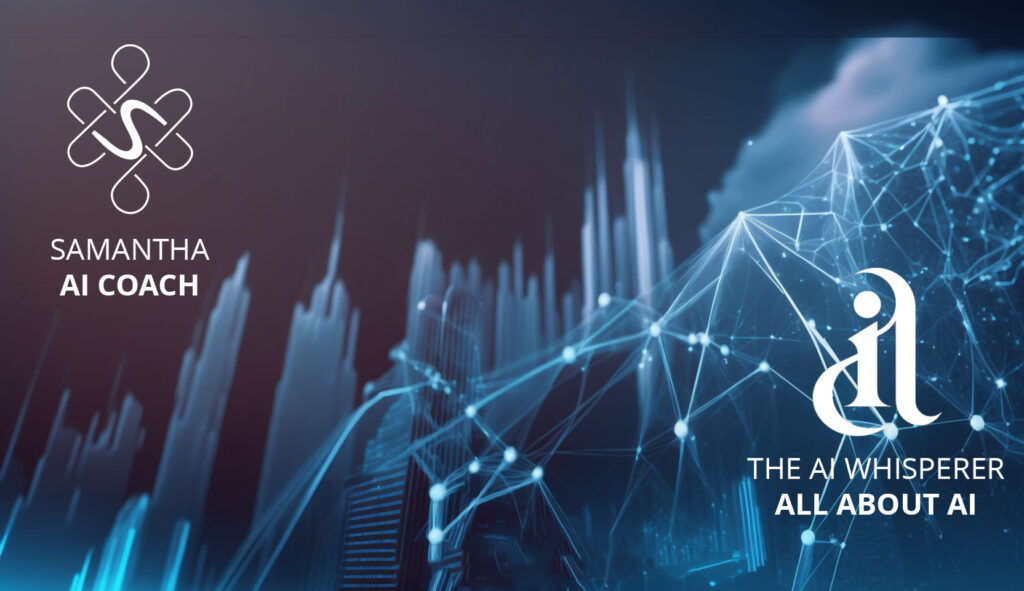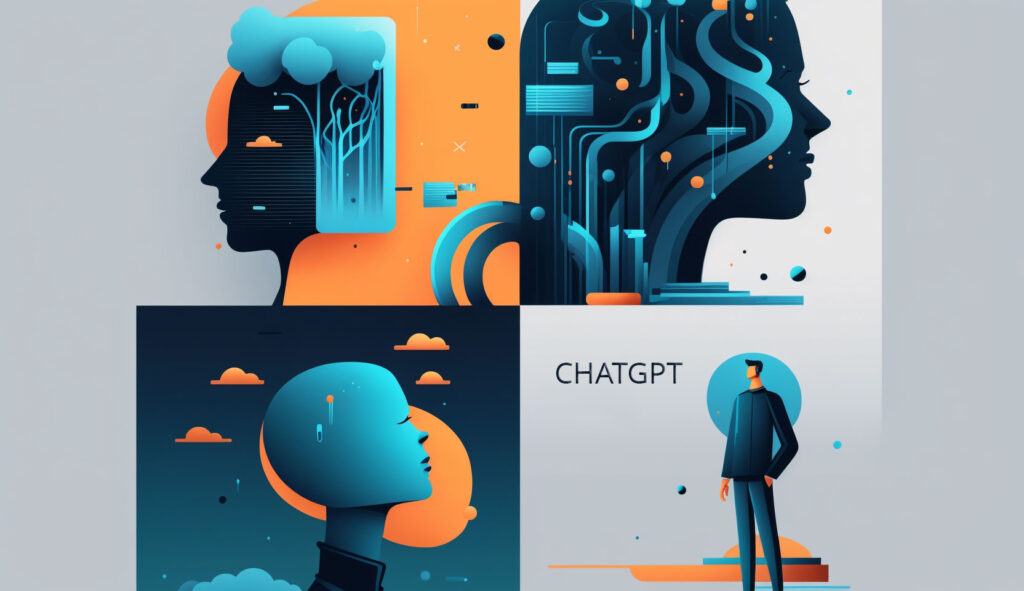Last night’s spring update livestream from OpenAI was nothing short of electrifying. As I sat glued to my screen, I couldn’t help but feel a sense of awe and excitement as the team unveiled their latest creation – the GPT-4o model.
CEO Sam Altman’s words perfectly captured the mood: „It feels like magic.“ And he couldn’t be more right. This latest breakthrough from OpenAI has the potential to redefine the way we interact with technology, much like the iPhone did for the cellphone industry.
The Omnimodal Powerhouse: GPT-4o
The biggest announcement was the introduction of the GPT-4o model, which will power the next generation of ChatGPT. Unlike previous large language models, GPT-4o is an omnimodal marvel, capable of processing a wide range of inputs, from text to video, and generating equally diverse outputs, including speech, text, and even 3D files.
As Altman eloquently described, „Talking to a computer has never felt really natural for me; now it does.“ This sentiment perfectly encapsulates the transformative potential of GPT-4o. The model’s ability to engage in natural, emotion-filled conversations is a game-changer, setting it apart from the monotone responses of previous AI assistants.
The Dawn of a New Era
I’ve covered countless product announcements over the course of my 20-year career, but I’ve never been as excited to try a new product as I am with GPT-4o. Altman’s promise that this is „only just the beginning“ is both thrilling and a little daunting, as we glimpse the future of human-computer interaction.
One day, and perhaps sooner than we think, this technology will power robots that work alongside us or serve us in our homes. The small black dot that we can talk to and that talks back is a paradigm shift as significant as the printing press, the typewriter, the personal computer, the internet, or even the smartphone.
The Possibilities are Endless
As OpenAI rolls out iPad, iPhone, and laptop apps for ChatGPT with voice and vision capabilities, we’ll see this technology take on the role of tutor, coding assistant, financial advisor, and fitness coach – all without judgment. The ability to converse naturally with a computer, to have it understand our needs and respond accordingly, is a true marvel of our time.
The Singularity is Near
What we’re witnessing is the dawn of a new era in human-computer interface technology. Omni models like GPT-4o don’t require the AI to first convert speech to text, analyze the text, and then convert that back to speech. They understand what we say natively by analyzing the audio, the inflections in our voice, and even live video feeds.
As I mentioned in my previous post, the rumors of a voice assistant like AI Samantha from the movie „Her“ have come true. The GPT-4o demo was outstanding, and the model’s voice is indeed very emotional, just like Samantha’s. We are truly on the cusp of a technological singularity, and OpenAI has once again proven itself to be at the forefront of this revolution.


